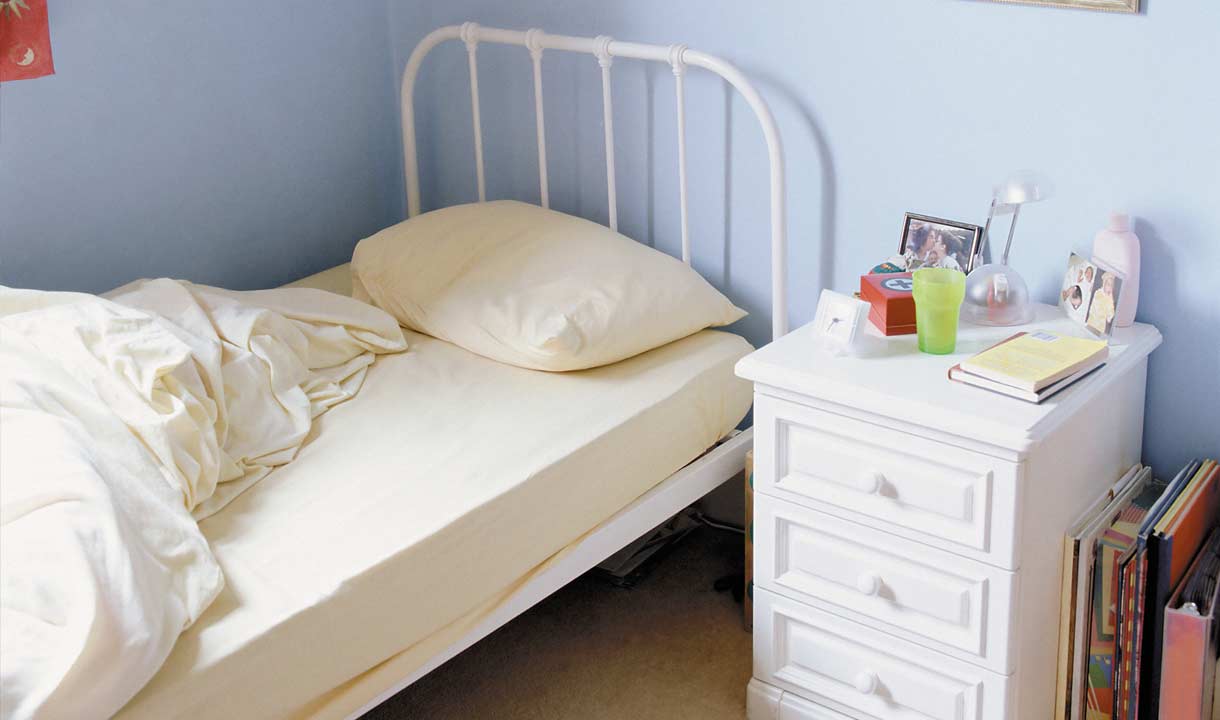Relationships are a fundamental part of our lives, offering companionship, support, and love. An important part of the human experience is seeking these connections to others and finding ways to share our lives with others. While this can be a meaningful and worthwhile pursuit, not all relationships are healthy and additive to your life. Unhealthy relationships can be emotionally and psychologically damaging, leaving scars that may last a lifetime. Let’s explore what unhealthy relationships are, how to recognize some signs (this is not an exhaustive list), and most importantly, how to end these relationships when you realize that they may not be serving you.
Understanding Unhealthy Relationships
Unhealthy relationships are characterized by emotional, psychological, or even physical harm caused by one or both partners. They can manifest in various forms, such as romantic partnerships, friendships, or even family relationships. These dynamics can be subtle, making it challenging to identify early on.
10 Signs of an Unhealthy Relationship
- Lack of Communication: Effective communication is the cornerstone of a healthy relationship. If you struggle or feel that you are unable to communicate openly and honestly to the other person, it can lead to misunderstandings, resentment, and unresolved issues. It is important to feel safe communicating when something is not right and is a sign that your relationship might be unhealthy is your willingness to directly address any problems you have in the relationship.
- Constant Negative Criticism: Constructive feedback is a normal part of any relationship, but constant negative criticism tears down self-esteem and self-worth over time. This can look like frequently criticizing, belittling, or demeaning comments made to or about you. Criticism should be constructive, which means it has a purpose to help you, and be balanced with praise and encouragement.
- Lack of Respect: Mutual respect is essential. In an unhealthy relationship, partners may disrespect each other’s boundaries, privacy, and/or personal space. This can lead to feelings of violation and mistrust. Your boundaries deserve to be respected no matter what. You should feel like your needs are being met in a relationship in a way that is kind and supportive. While arguments and disagreements are bound to happen (even in healthy relationships!), there should always be a level of respect where each person is able to voice their concerns and make reasonable adjustments or compromises.
- Blame and Denial: In unhealthy relationships, partners may avoid taking responsibility for their actions and instead shift blame onto the other person. Denial of problems or making excuses for harmful behavior is also common. Each person should be able to take responsibility for their part in whatever problems arise and work towards solutions. It is important to be compassionate and try to see things from the other person’s perspective.
- Constant Power Struggles: Healthy relationships involve compromise and collaboration. In an unhealthy one, there may be ongoing power struggles and attempts to assert dominance. This can lead to a significant imbalance of power, with one partner dominating and controlling the other. Relationships should feel like everyone is on an equal footing and have a say in decisions being made.
- Control and Manipulation: If one person seeks to control the other’s actions, decisions, or even social interactions, this is an indication that something is not right. This can manifest as jealousy, possessiveness, using guilt or threats to maintain power in the relationship, or even attempts to isolate the other person from their friends and family. In a healthy relationship, there should be give and take and support in making mutual decisions that benefit both parties. You should never feel pressured to make decisions you do not want to or be led to do things that are harmful to you.
- Lack of Support: A healthy relationship is characterized by emotional support, empathy, and encouragement. If your partner, friend, or family member consistently undermines your goals or dismisses your feelings, this a sign of an unhealthy dynamic. Relationships are built so that you have someone to lean on when times are tough.
- Emotional Rollercoaster: Unhealthy relationships can be marked by unpredictable mood swings and emotional turmoil. One moment there may be affection, and the next, hostility or indifference. Having a lot of uncertainty in a relationship can lead to feelings of instability and you may feel unsafe due to the uncertainty of what to expect day to day.
- Lack of Trust: Trust is another vital component of a healthy, functioning relationship. You should never be worried that the other person is lying to you or hiding something or feel the need to lie and hide things. One of the benefits of a healthy relationship is having someone that you can show vulnerability to, which leads to building emotional intimacy and a stronger connection.
- Abuse and Neglect: Abuse can take many forms, including physical, emotional, verbal, financial, and sexual. Any form of abuse is a clear sign of an unhealthy relationship and should not be tolerated. Neglecting each other’s emotional, physical, or sexual needs can also create feelings of unhappiness and dissatisfaction in a relationship. Be aware that sometimes unhealthy relationships that cross the line into abuse can be dangerous to step away from but there is help available to support you in safely leaving.
Breaking Free from Unhealthy Relationships
- Recognize Unhealthiness: The first step in healing is acknowledging that the relationship is unhealthy and might not work out. Not every relationship is worth saving. This can be a difficult decision, especially if you’ve invested a lot of time and energy into the relationship and you care about or even love this person. Seek support from trusted friends, family members, or a therapist to gain clarity.
- Set Boundaries: Establish clear boundaries with this person if you feel safe doing so. Let them know what behaviors are unacceptable and what consequences will follow if those boundaries are crossed. It is important to maintain your boundaries even if it is met with unhealthy tactics such as blaming and attempts to manipulate.
- Seek Support: Surround yourself with a support system of friends and loved ones who understand your situation and can provide emotional support during this challenging time. Therapy can be immensely helpful in processing the emotions and trauma associated with unhealthy relationships. A qualified therapist can offer guidance and coping strategies. In cases where abuse is present and it may feel unsafe to leave, be aware of resources such as the National Domestic Violence Hotline (800-799-7233) that is available 24/7 and local domestic violence shelters.
- Self-Care: Prioritize self-care and self-love during difficult transitions. Reconnect with your interests and passions and engage in activities that nurture your physical and emotional well-being. As you work on healing, consider removing triggers and reminders of unhealthy relationships from your life. This might mean distancing yourself from mutual friends or changing your routine.
- Stay Committed to Healing: Breaking free from an unhealthy relationship is not a linear process, and setbacks may occur. It’s crucial to remain committed to your healing journey and not be too hard on yourself as it is not an easy or straightforward process.
The Road to Healing
Recovering from being in an unhealthy relationship is a journey that requires time, patience, and self-compassion. Remember that healing is possible, and you deserve to be in a relationship that uplifts and supports you rather than one that tears you down.
In conclusion, staying in unhealthy relationships can be incredibly damaging, but you have the power to break free and reclaim your life. Recognize the signs, seek support, and prioritize your well-being. As you heal, you’ll discover that there are healthy, loving relationships waiting for you in the future. Your happiness and emotional health are well worth the effort it takes to leave the negativity behind.
Written by Kameela Davi George, RMHCI



